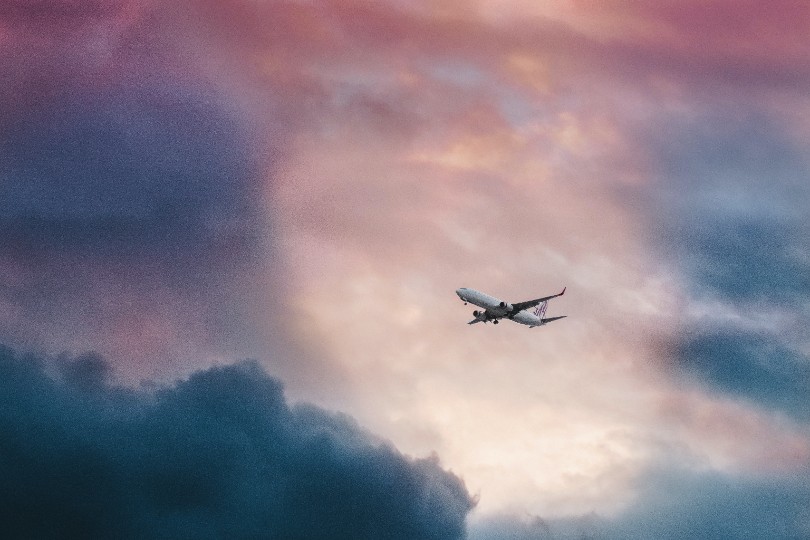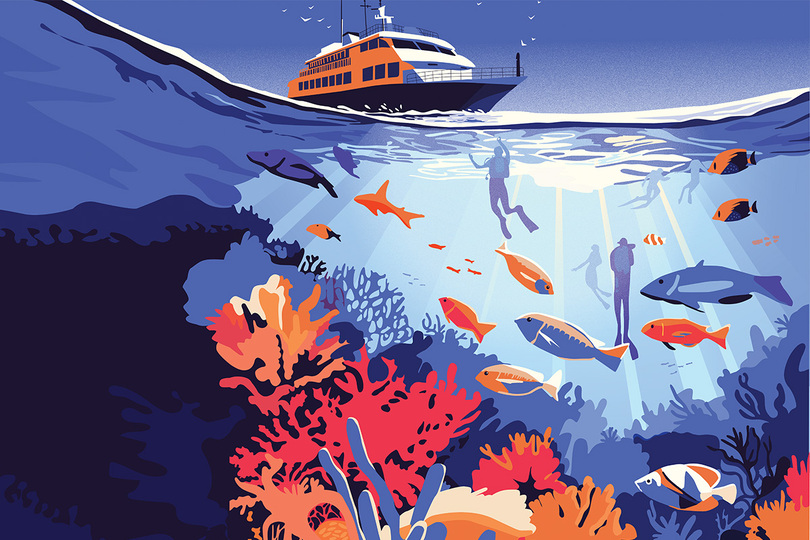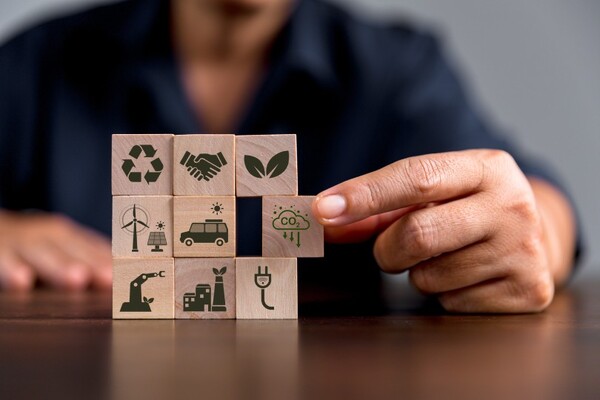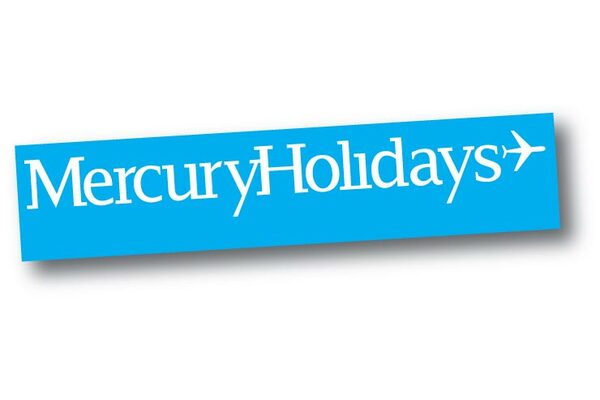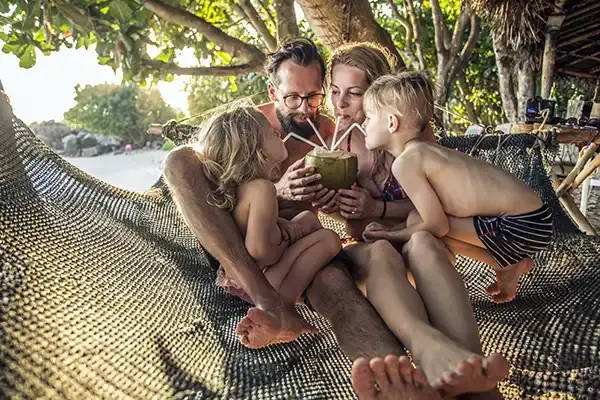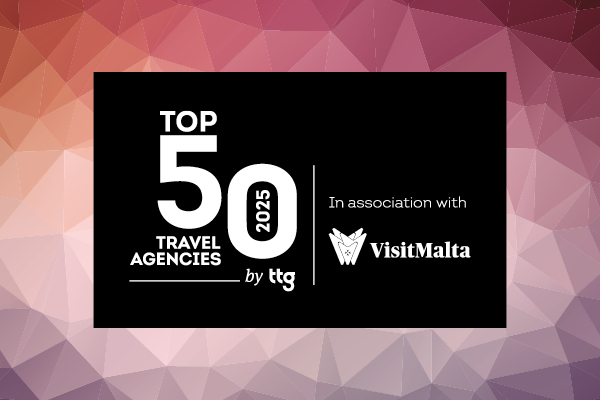‘My life-threatening illness gave me a new appreciation for our industry’
 Phil Bloomfield
Phil BloomfieldDo you remember much about the 3 March 2022? I do. Or at least I do up to a point.
It was a fairly ordinary day as it happens. At dnata Travel Group, our brands were emerging from the gloom of the previous two years, bruised but still together, and determined to fulfil our mission to reconnect a better world. The prospect of better days glimmered tantalisingly on the horizon.
But what was a run-of-the-mill Thursday became – to quote President Roosevelt following the attack on Pearl Harbor in 1941 – ‘a day of infamy’ for me. A day my life tilted on its axis, and very nearly ended completely.
I’ll spare you the gruesome details – primarily because I don’t know many, having been shielded from them by the medical professionals who saved me and my family who watched it happening – but what started as a few peculiar sensations as the day passed, ended up becoming full-blown HSV1 encephalitis. Google it, but make sure you’re sitting down first. I’m talking seizures, a midnight blue-light ambulance trip to Brighton County Hospital’s intensive care unit, lumbar punctures, powerful medications, and a phone call to my dear old mum to get herself down from Lincolnshire immediately because no one was sure I’d last the night.
Six months later, it’s a strange feeling to reflect on that period. Because of the infection and the cerebral inflammation it caused, my ability to make memories, mercifully, shut down early on. It was only when I regained consciousness several days later that I learnt what deep trouble I’d been in – and the kind of recovery journey I now faced.
Approaching 50, I’d never spent a day in hospital in my life. I was fit, ate healthily and had no vices to speak of. I shared my life with a family and partner who I loved, and had built a career of which I was proud – and which had blessed me with amazing experiences and lifelong friends. All of that was, suddenly, very nearly taken away from me.
To say it was a shock is something of an understatement.
Of course, the care I received from those NHS heroes was incredible and – given the seriousness of the illness – I made rapid progress once I’d stabilised. I was discharged after three weeks, and back exercising and working within eight (albeit very slowly). As the events of that period recede in my rear-view mirror, I gradually feel more like my old self. I emerged from the tunnel with the road open ahead of me, confident that I’ll be one of the lucky ones who makes a full recovery.
I also emerge from it with a renewed appreciation for our industry.
I’ve worked in travel for over 20 years now, and have seen a lot. But nothing was like the pandemic and although I’d held on, I knew I was flagging. I was pessimistic, cynical even, about the industry’s ability to change and renew itself after its own trauma. But as I lay in hospital and feebly attempted to get my head around what had just happened to me, I began to realise what it is that makes this industry unique and what makes me confident about our future – its capacity for empathy.
As word got around about what had happened to me, I was flooded with messages of concern and support from colleagues past and present, peers, fellow PRs and contacts from across the industry and travel media world. Cards, flowers (thank you, TTG!) and gifts started to arrive at my bedside, and – I discovered later – my phone began to fill with expressions of concern for my wellbeing. Unknown to me at the time, my employer, dnata Travel Group, was supporting me in ways for which I will be forever grateful, and the team there demonstrated a warmth and compassion that was truly humbling. I’m not sure anyone will ever really appreciate how important that was to me.
But as I started my recovery, I couldn’t help but draw parallels between my own trauma and that of this industry’s. How vital that capacity for empathy has been as I – we – rebuild and renew ourselves. My illness and the pandemic were both earth-shaking traumas for which there had been no warning. We weren’t perfect, but relatively speaking we were both healthy, confident, looking after ourselves, and thinking of the future. There was no reason to suspect everything would suddenly shut down and leave us at our most vulnerable. It felt so unfair.
But happen it did, and when things seemed at their worst, knowing there are others who saw that vulnerability and fear, and were doing everything they could to alleviate it, was invaluable – for me as I lay contemplating how close I’d come to the end, and for everyone who watched years of hard work building up their travel businesses fall apart, all through no fault of our own.
It may sound indulgent to draw the comparison, but as I lay there it struck me that the importance of empathy during and following trauma applies as much to someone recuperating from a life-threatening illness as it does to someone desperately trying to keep their agency business afloat. We’re all trying to do the same thing – to climb out of the hole and be the best versions of ourselves again. It’s so much easier to do that when you know there are people out there looking after one of their own, willing you to succeed.
It’s impossible not to be changed by trauma – as I have been by mine, and as this industry has been by the collective shock of the pandemic. But I – we – can emerge from it wiser, stronger and more resilient, thanks to the empathy of others.
I consider myself blessed to have experienced how good this industry – and the people in it – can be at doing that.
Phil Bloomfield is head of corporate communications at dnata Travel Group.
Sign up for weekday travel news and analysis straight to your inbox
Supplier Directory
Find contacts for 260+ travel suppliers. Type name, company or destination.
